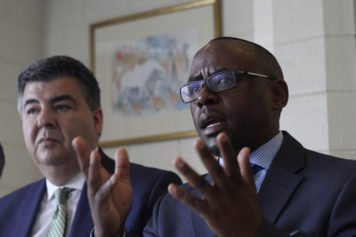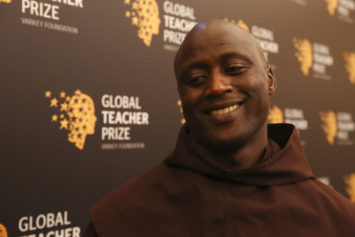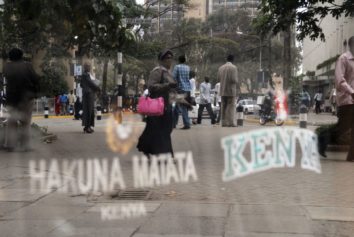Hague — President Uhuru Kenyatta will now be required to be physically present during his trial slated for February 5, next year. This was after the Trial Chamber reversed its earlier decision which excused Kenyatta from continuous presence from trial.
“Trial Chamber V (b) has today reviewed its previous decision to excuse Mr Kenyatta, the Chamber ruled, that he must be physically present when his trial starts,” said a statement from the court. The Prosecution had, on October 25, challenged the decision of the court and asked it to reverse it.
The notice by the prosecution to challenge Kenyatta’s excusal from continuous presence came after the Appeal’s Chamber reversed a similar decision in which Deputy President William Ruto had also been allowed by Trial Chamber V (a) to skip sessions of his trial.
Just like the Appeal’s Chamber on Ruto’s decision, Trial Chamber V (b) reversed the decision and said that Kenyatta can ask for excusal from continuous presence on specific occasions; “any future requests for excusal will be considered on a case-by-case basis.”
Since the decision, Ruto has been excused several times to travel back to Kenya and hold brief for the president who needed to attend meetings outside the country.
Earlier the judges had allowed Kenyatta to skip sessions of his trial but made it mandatory for him to attend the opening and closing statements of all parties to the case and during the presentation of victims’ views.
They also said Kenyatta would be required in person during the sentencing hearings, delivery of the sentence, during the impact hearings of victims and also during reparation hearings.
The ruling by Trial Chamber V (b) came as a tough decision was due to be made at the Assembly of State Parties (ASP) taking place at The Hague.
Several nations have pushed for an amendment to Article 67 of the Rules of Procedure and Evidence stating that statements of prosecution witnesses can be accepted as evidence even in the absence of the witness.
The amendment states that witnesses who recorded statements with the prosecution and are either dead or unavailable to be present in court during trial can still have the judges consider their evidence without the Defence cross examining them as has been the case in the past.
However, the Kenyan delegation led by Attorney General Githu Muigai, Director of Public Prosecutions Keriako Tobiko, and Kenyan Ambassador to Netherlands Makena Muchiri made last attempts to fight the amendment that would make the Kenyan cases at the ICC even tougher.
Source: CapitalFM


